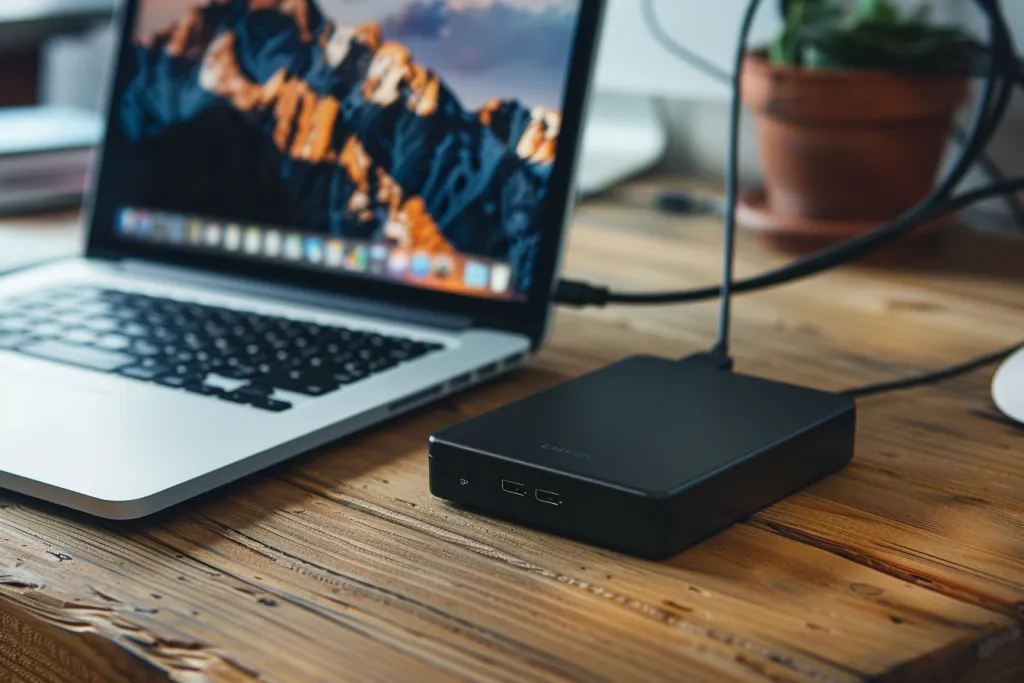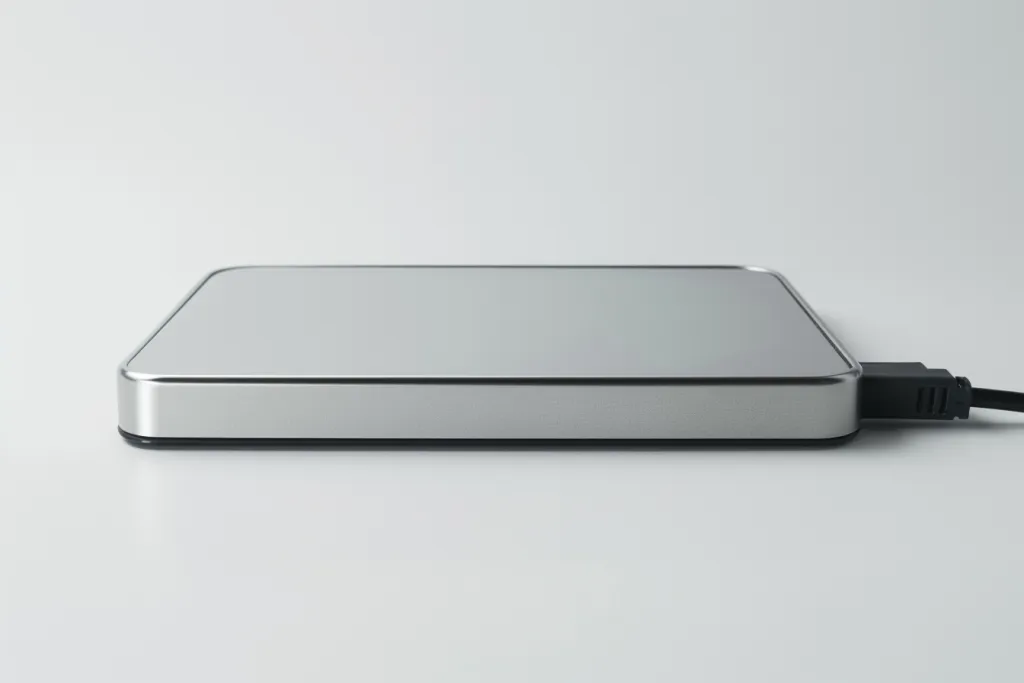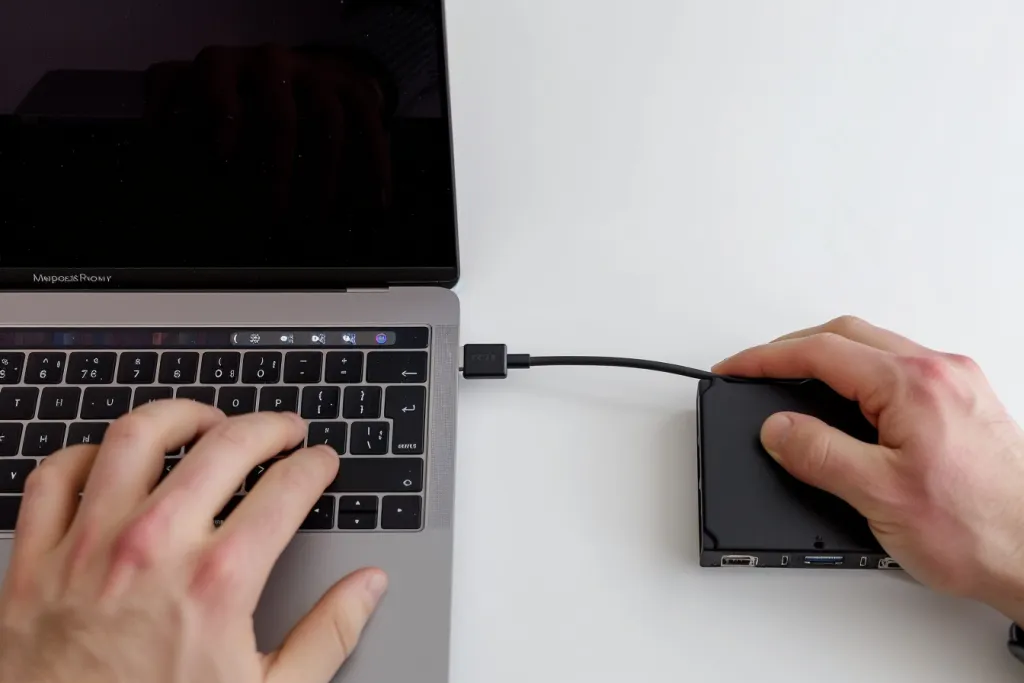In an era where digital data is more precious than ever, the external hard disk has become a cornerstone of personal and professional data management. This article aims to demystify the external hard disk, shedding light on its critical role in our digital lives. By understanding the nuances of this storage device, users can make informed decisions tailored to their specific needs.
Table of Contents:
– What is an external hard disk?
– Key features to consider when choosing an external hard disk
– The importance of storage capacity
– Data transfer speeds: What you need to know
– Durability and portability: A balancing act
What is an external hard disk?

An external hard disk is a portable storage device that can be attached to a computer or other digital device via USB or other connections. It serves as an extension of the device’s internal storage, providing a secure and accessible way to store files, back up critical data, and transfer information between devices. Unlike internal hard drives, external hard disks offer the flexibility of mobility, allowing users to carry vast amounts of data in a compact form.
Key features to consider when choosing an external hard disk

When selecting an external hard disk, several features merit close attention. First, compatibility with your operating system ensures seamless integration and functionality. Second, the disk’s storage capacity, which dictates how much data it can hold, is paramount for users with extensive digital libraries. Lastly, the form factor, including size and weight, influences its portability and the ease with which it can be transported.
The importance of storage capacity

Storage capacity is often the primary consideration when purchasing an external hard disk. With capacities ranging from a few hundred gigabytes to several terabytes, understanding your storage needs is crucial. For individuals looking to back up their computer’s hard drive, a larger capacity disk is advisable. Conversely, for those seeking a means to transport a select number of documents or media files, a smaller disk may suffice.
Data transfer speeds: What you need to know

Data transfer speed is a critical aspect of an external hard disk’s performance. It affects how quickly files can be moved to and from the device, impacting overall efficiency. Factors influencing transfer speed include the disk’s connection interface (e.g., USB 3.0, USB-C, or Thunderbolt) and the speed of the internal drive mechanism. Understanding these elements can help users choose a disk that meets their speed requirements.
Durability and portability: A balancing act

The external hard disk’s design impacts its durability and portability. Devices encased in robust, shock-resistant materials offer greater protection against physical damage, making them ideal for users on the go. However, this often comes at the expense of increased weight and size. Balancing these factors according to personal needs and usage scenarios is essential for selecting the right external hard disk.
Conclusion:
The external hard disk remains a vital component of modern digital storage solutions. By considering factors such as storage capacity, data transfer speed, and durability, users can select a device that enhances their digital experience. As our reliance on digital data grows, understanding these devices’ intricacies becomes increasingly important, empowering users to make choices that best suit their digital lifestyles.



